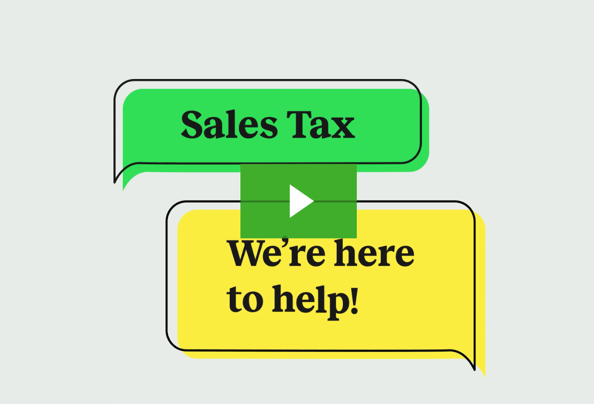The Top Compliance Concerns When Raising a Series A or Getting Acquired
by February 3, 2022
Compliance might not be top of mind for a growing company; issues like adding to the headcount and attracting new customers may be more pressing. In fact, growth may be prioritized over everything else. But when it comes time to move forward with raising a Series A – or looking into getting acquired – compliance concerns must also be addressed.
While those two business milestones are different in some ways, there are many similarities in terms of how companies need to prepare for them when it comes to compliance. Non-compliance can often result in a lower valuation, delay the closing of a deal, or potentially nullify the transaction entirely.
This post is part of our series on major business milestones, so stay tuned for more informative articles relevant to growing companies. Here are three steps companies can take to avoid compliance issues that arise from a Series A or acquisition offer.
Make audited financials available
Oftentimes, CEOs and the startup’s executive team are focused on putting together the engaging story of a company to potential investors, whether it’s through pitch decks or case studies. The CFO has an additional, equally important task.
Not only do they have to build financial models and model growth projections to forecast the company’s future, they must make sure the company is compliant across all its departments. That means making sure there are audited financials (or the ability to produce them for that year), which can be difficult. Many early stage companies do not hire a financial lead even after they’ve begun making sales. Startups should take steps to make sure its books are in order by hiring a tax professional familiar with GAAP, and act on any findings of the audit.
Perform ESG diligence
ESG (Environmental, Social, and Governance) is an effort to consider the effects of a company’s business on stakeholders like its customers and the community. It’s fast becoming an important part of compliance, with the SEC recently launching a climate and ESG task force. Outside firms like Allianz, KKR or KPMG can help evaluate your company’s ESG bonafides and lend added third-party credibility, which is often helpful to potential VCs and acquirers.
The Harvard Business Review notes that ESG issues range from “climate change, worker advocacy, the pursuit of gender and racial diversity.” As of late, ESG compliance has been made a focus of compliance departments. In order to be ESG compliant, businesses must “adapt products and services to climate-friendly materials and processes, [evaluate] diversity and wider employment practices, as well as [revamp] how companies engage with communities.” If your company is non-compliant, you’ll likely face recommendations on how to improve.
Collect and remit sales tax
Ensuring your business is following local labor laws and payment is being remitted correctly to remote workers is no doubt important. But while payroll, income and corporate taxes are generally well understood by a company’s financial leaders, oftentimes sales tax is overlooked.
It’s been a number of years since the Supreme Court ruled on South Dakota vs. Wayfair. States – and those doing due diligence on a company’s financials – believe that companies must collect and remit sales tax correctly in order to stay compliant. Companies must understand issues like nexus, and make sure they are charging the correct amount of sales tax to customers in different states and localities. TaxJar’s automated sales tax compliance platform can perform sales tax calculations in real-time and track nexus. Reach out to our sales team to find out how automated sales tax compliance can help your growing company.







